7 Celebrities Who Became ’80s Legends Only After Ditching Their Real Names
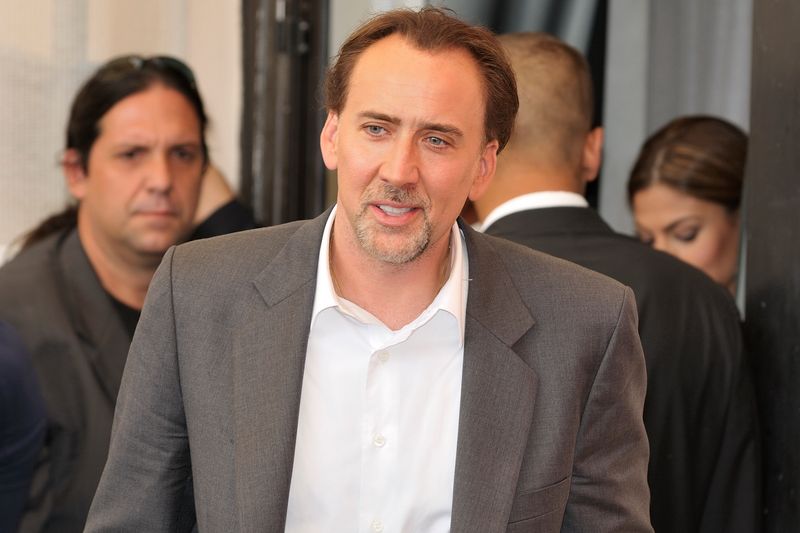
Before these seven stars lit up the ’80s with unforgettable performances and household-name recognition, they made one bold move that changed everything: they left their birth names behind. Whether to dodge family shadows, sidestep casting bias, or craft a more magnetic public persona, each of these legends rebranded themselves just before stardom struck. Their chosen names not only helped shape their identities, but also became synonymous with an entire era of pop culture. From reinvented surnames to completely fresh aliases, these are the iconic entertainers who proved that sometimes, success starts with rewriting what’s on the marquee—literally and figuratively.
1. Charlie Sheen – Cultural Compromise
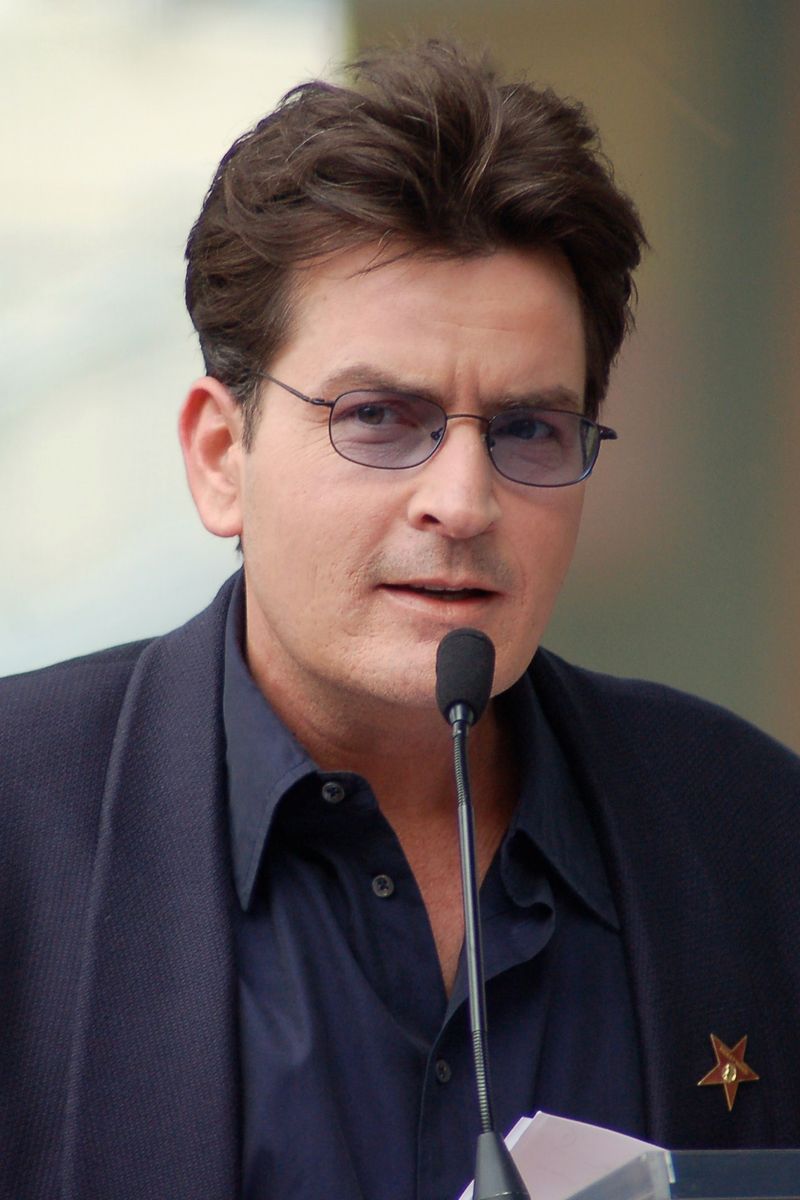
Few fans realize the star of “Platoon” and “Wall Street” was born Carlos Irwin Estévez. The son of actor Ramón Estévez (who himself became Martin Sheen) changed his name to navigate a Hollywood system that often typecast Latino actors.
The transformation wasn’t just about career advancement – it represented the complex reality many performers faced in the entertainment industry of the 1980s.
Charlie’s decision mirrored his father’s earlier choice, creating a family legacy of name changes. His breakout in films like “Red Dawn” and “Ferris Bueller’s Day Off” might never have happened without this calculated identity shift.
2. Nicolas Cage – Superhero Inspiration
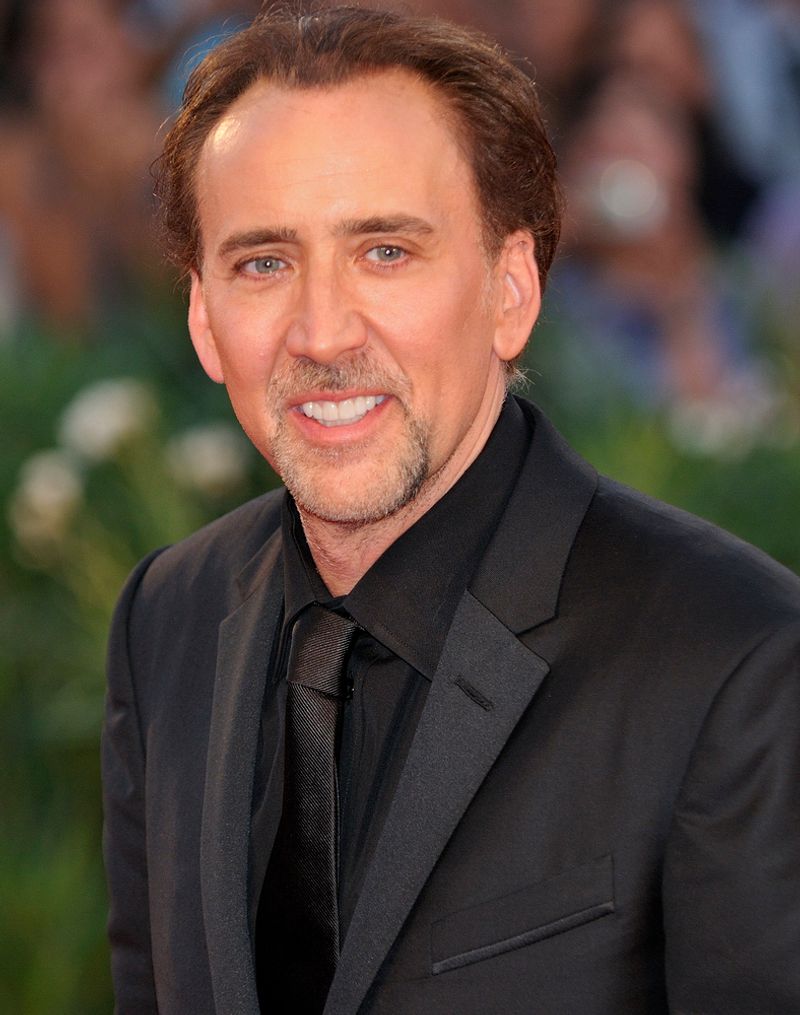
The nephew of legendary director Francis Ford Coppola started his career as Nicolas Coppola. After appearing in “Fast Times at Ridgemont High,” he quickly realized his famous last name brought unwanted attention and expectations.
Determined to make it on his own merits, he looked to Marvel Comics for inspiration. The character Luke Cage provided the perfect tough-guy surname that matched his acting ambitions. Marvel fans might appreciate this early connection to superhero culture!
This reinvention worked brilliantly – his performances in “Moonstruck” and “Raising Arizona” established him as one of the most distinctive actors of the late ’80s, with nobody questioning his talent or family connections.
3. Demi Moore – Streamlined Stardom
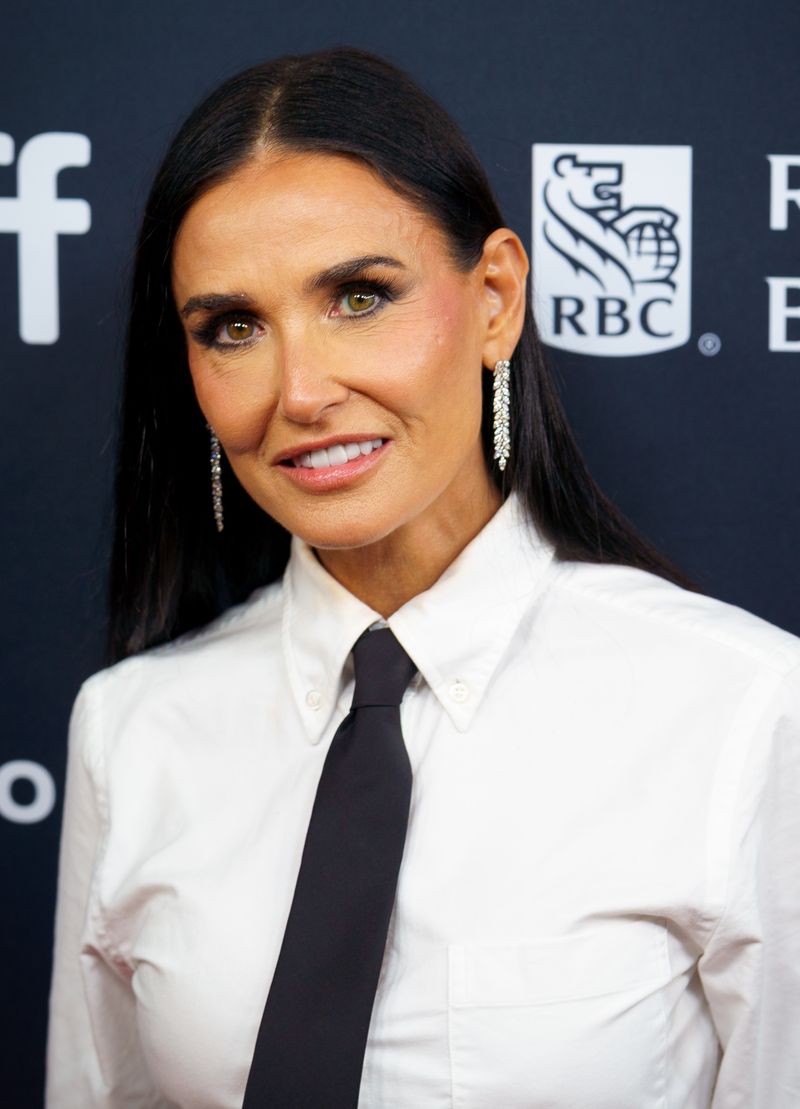
Before joining the Brat Pack, young Demetria Guynes made a practical decision that would shape her entire career. Marriage to musician Freddy Moore gave her a new last name, while shortening “Demetria” to “Demi” created a memorable, punchy stage name perfect for movie posters.
The marriage didn’t last, but the name certainly did! The simplified moniker matched her sleek image as she rose to prominence in films like “St. Elmo’s Fire” and “About Last Night.”
Her transformation from small-town girl to Hollywood icon was complete when she appeared on the cover of Vanity Fair in 1988, with her streamlined name now representing one of the decade’s biggest stars.
4. Whoopi Goldberg – Comedic Identity
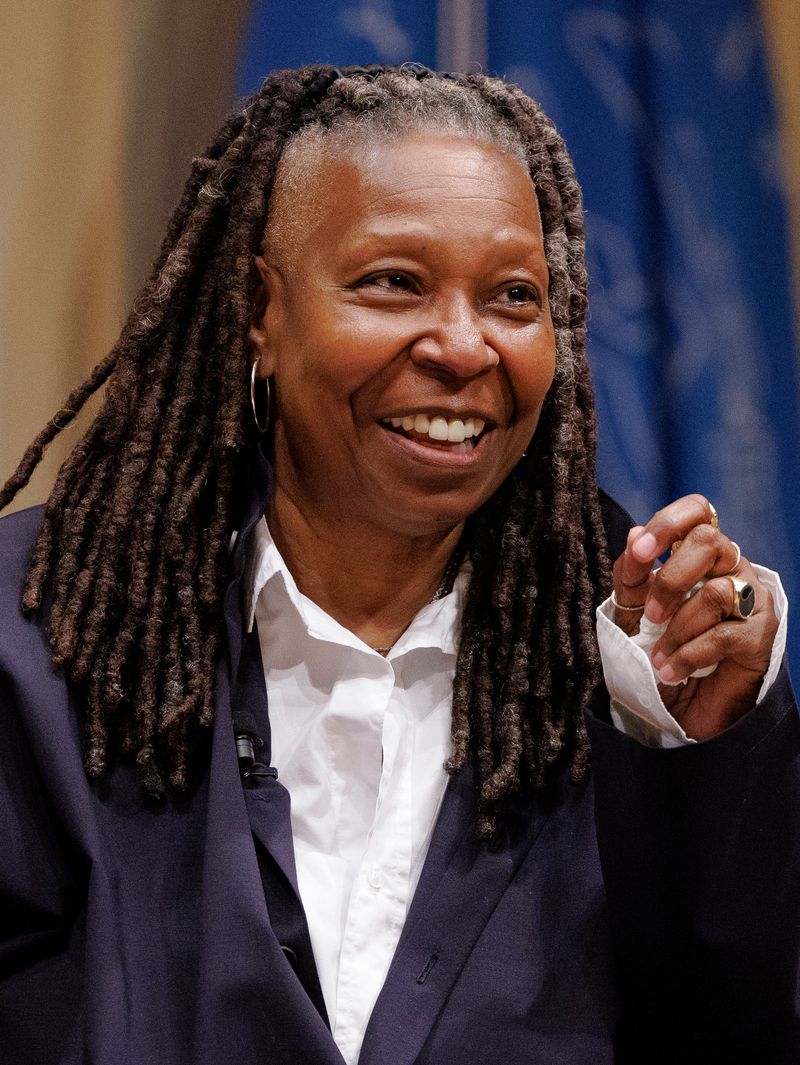
Caryn Elaine Johnson vanished from public record when a brilliant comedian with dreadlocks and an infectious laugh took the stage. Her unusual stage name has a surprisingly humorous origin – the “Whoopi” part came from her fondness for making whoopee cushion sounds during performances!
The “Goldberg” portion was strategically chosen to highlight her Jewish heritage on her mother’s side, giving her name a distinctive showbiz quality.
Throughout the ’80s, this name transformation helped her stand out in comedy clubs before she conquered Hollywood with roles in “The Color Purple” and “Ghost.”
5. Queen Latifah – Regal Reinvention
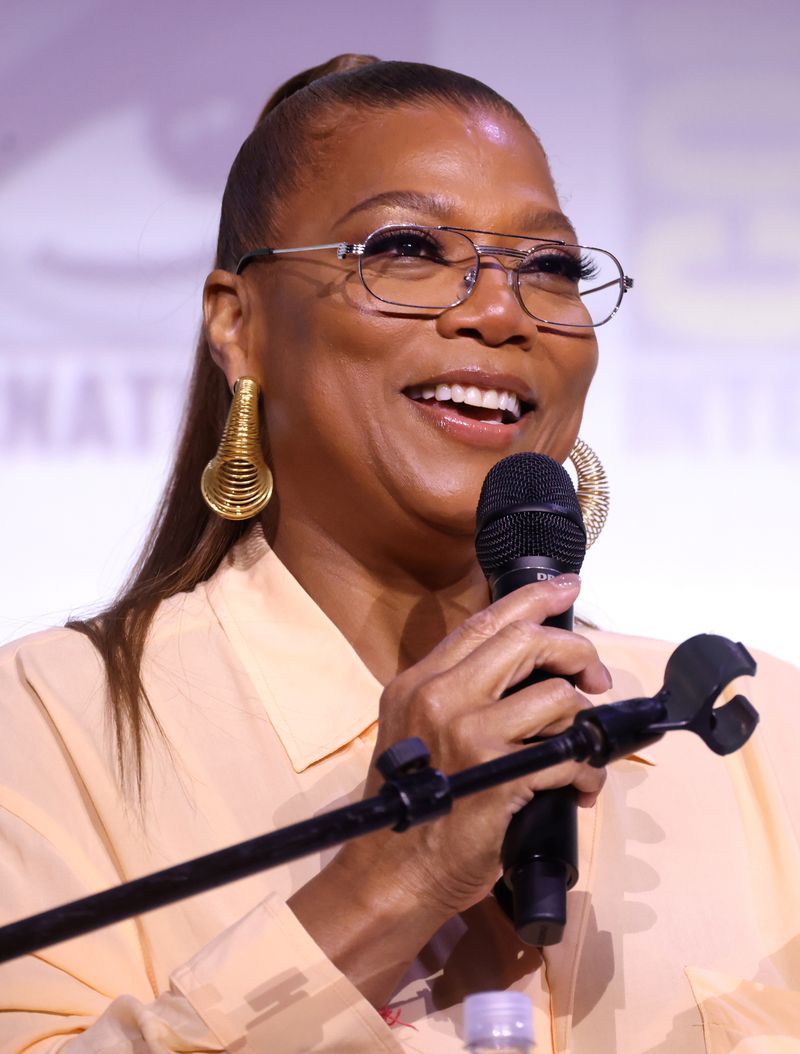
Dana Owens crowned herself at just 18 years old, choosing a name that commanded respect in the male-dominated hip-hop world. “Latifah” wasn’t randomly selected – she found it in an Arabic book of names, drawn to its beautiful meaning of “delicate and sensitive.”
Adding “Queen” was a bold declaration of self-worth at a time when female rappers struggled for recognition. Her debut album “All Hail the Queen” arrived in 1989, introducing the world to a powerful new voice.
The transformation from Newark teenager to hip-hop royalty demonstrated how a well-chosen name could become both personal statement and powerful brand in the emerging rap industry.
6. Meg Ryan – Romantic Simplification

Margaret Mary Emily Anne Hyra sounds more like a royal lineage than a future rom-com queen! Imagine trying to fit that mouthful on a movie poster or having directors call all those names on set.
She shortened her first name and adopted “Ryan” (her maternal grandmother’s maiden name) while registering with the Screen Actors Guild. The transformation created a name as bright and approachable as her famous smile.
This change preceded her breakthrough in “When Harry Met Sally” (1989), which launched her career as America’s sweetheart. Her new identity perfectly matched the girl-next-door characters that would make her famous throughout the next decade.
7. Jamie Foxx – Strategic Switch
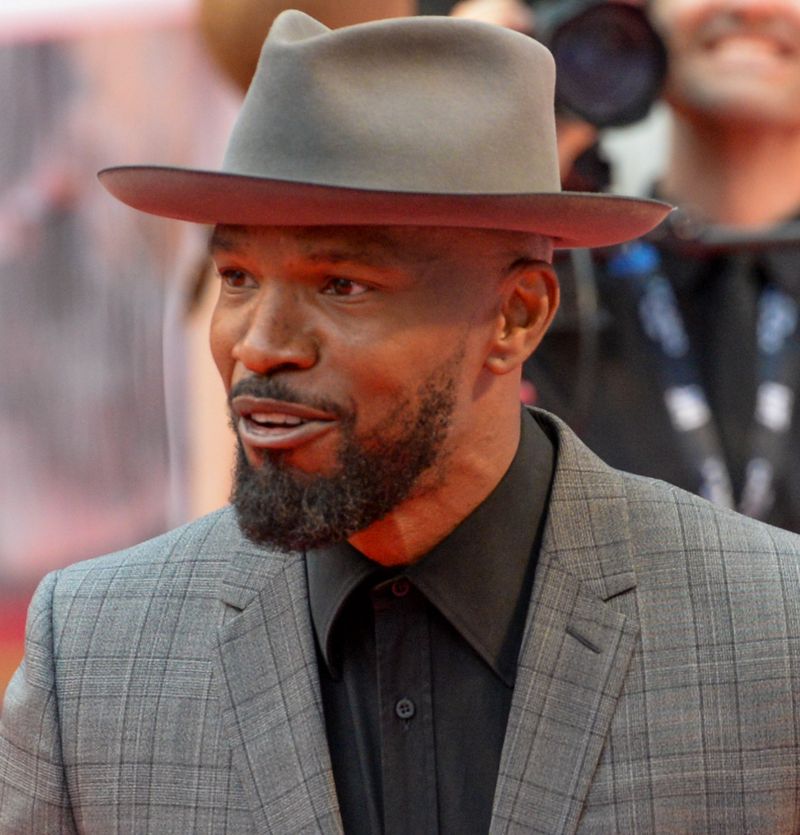
Eric Marlon Bishop’s comedy career started with a clever trick. Noticing that female comedians often got called to the stage first at open mic nights, he chose the gender-neutral “Jamie” to increase his chances of early performance slots.
“Foxx” came from comedian Redd Foxx, whom he admired. The strategy worked brilliantly – not only did he get more stage time, but the catchy name stuck as he transitioned to television with “In Living Color” in 1991.
His calculated name change revealed the strategic thinking behind his approach to entertainment. This savvy decision at the beginning of his career foreshadowed the versatile performer who would eventually conquer both comedy and drama.

Comments
Loading…